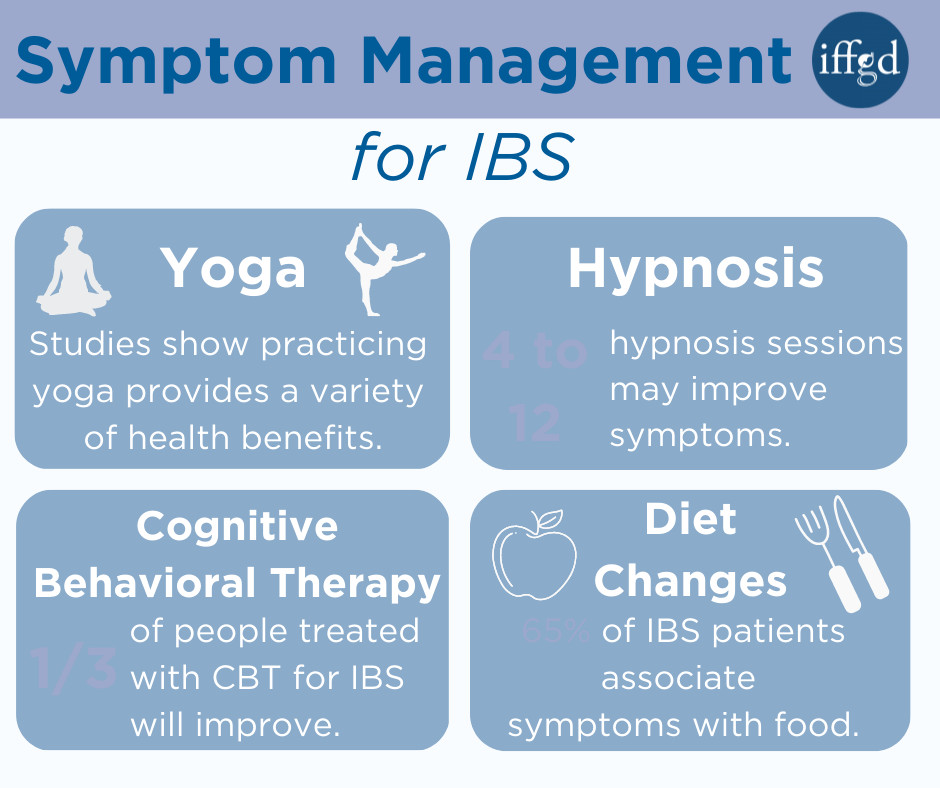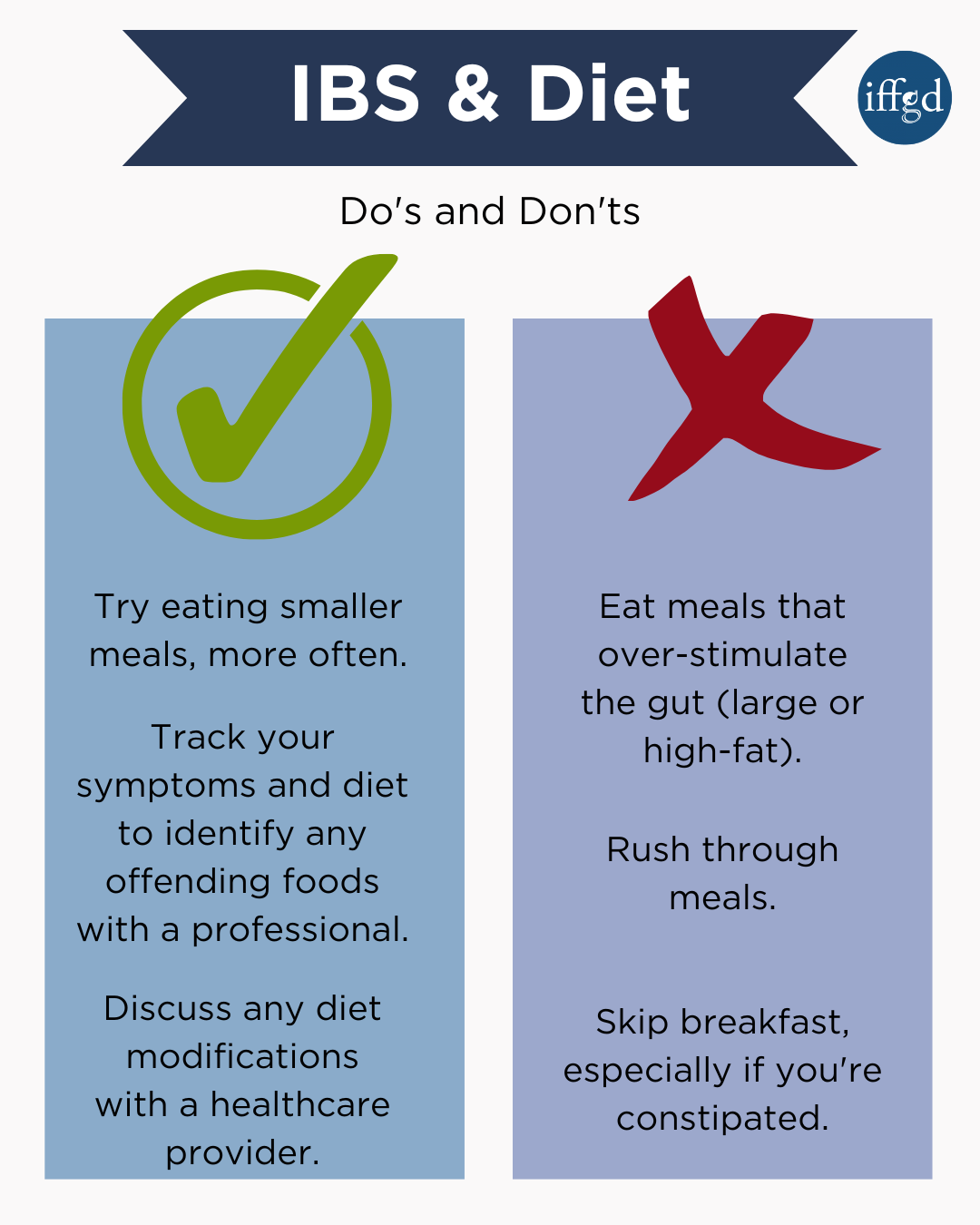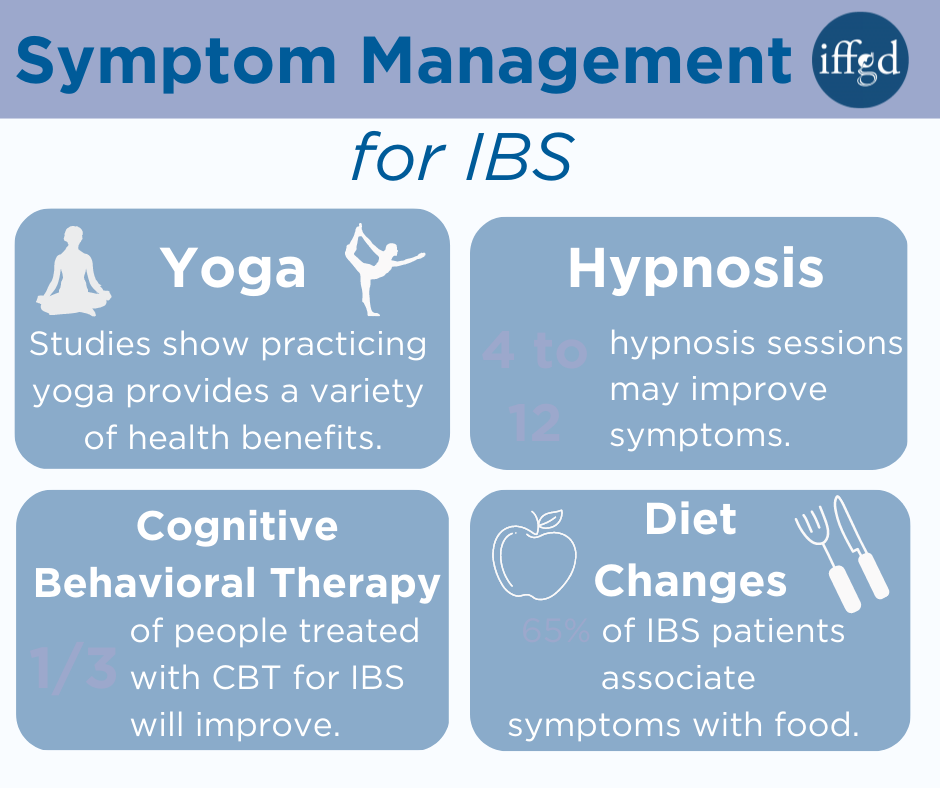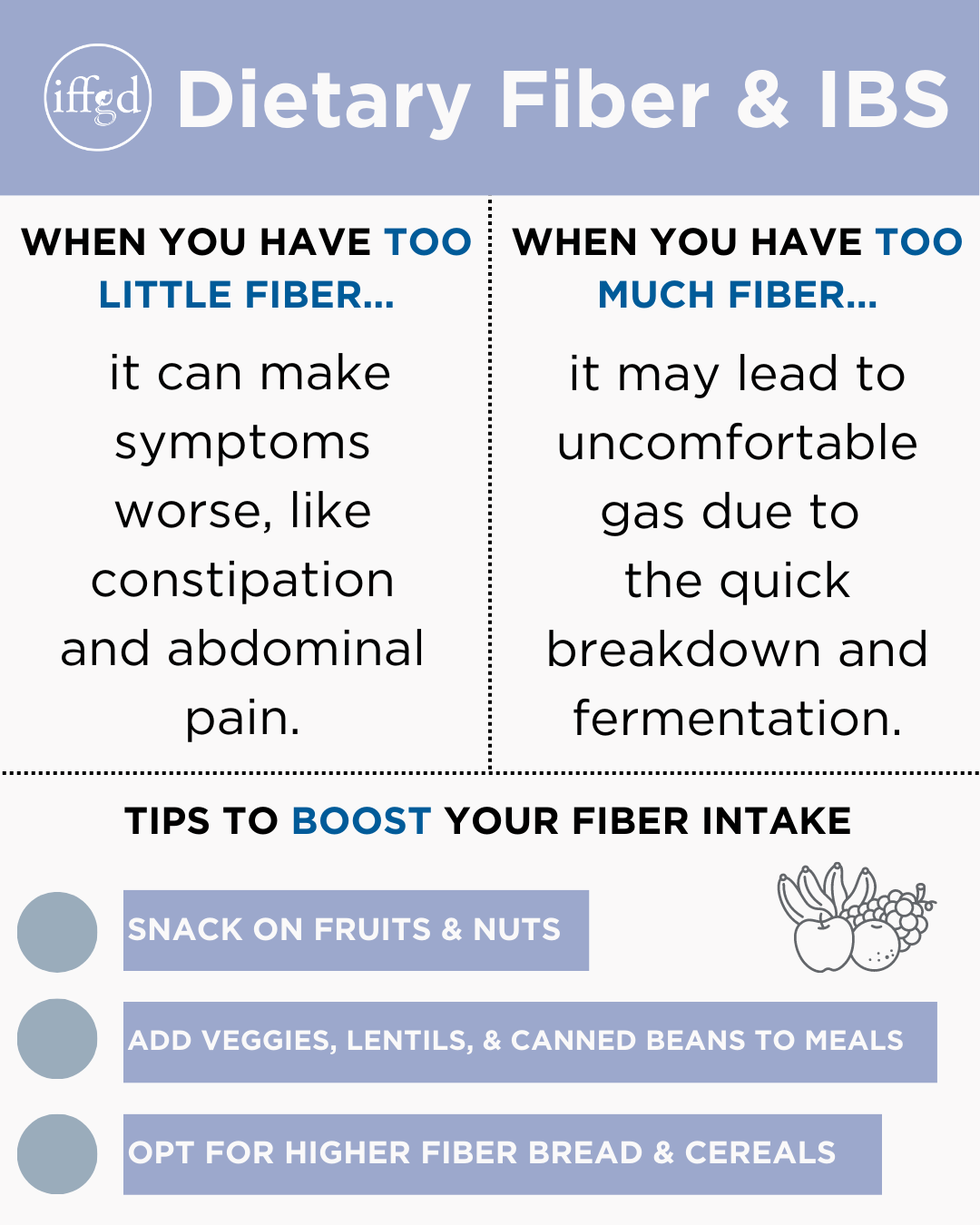
 Irritable bowel syndrome (IBS) is a common functional gastrointestinal disorder characterized by abdominal pain, bloating, and changes in bowel habits. While the exact cause of IBS is not known, several lifestyle modifications have been shown to be effective in reducing symptoms. If you have irritable bowel syndrome (IBS), you are not alone – IBS is common with prevalence estimated at 5% to 10% worldwide. Yet many people remain undiagnosed and unaware that their symptoms indicate a medically recognized disorder.
Irritable bowel syndrome (IBS) is a common functional gastrointestinal disorder characterized by abdominal pain, bloating, and changes in bowel habits. While the exact cause of IBS is not known, several lifestyle modifications have been shown to be effective in reducing symptoms. If you have irritable bowel syndrome (IBS), you are not alone – IBS is common with prevalence estimated at 5% to 10% worldwide. Yet many people remain undiagnosed and unaware that their symptoms indicate a medically recognized disorder.In 1997, IFFGD designated April as IBS Awareness Month. While there is no known cause, there are some evidence-based lifestyle changes that you can make to help manage your symptoms:

- Low-FODMAP Diet: A low-FODMAP diet involves reducing the intake of fermentable carbohydrates that are poorly absorbed by the small intestine. Studies have shown that a low-FODMAP diet can significantly reduce IBS symptoms in up to 86% of patients. (1)
- Probiotics: Probiotics are live microorganisms that can improve gut health by restoring the balance of good bacteria in the gut. Several studies have shown that certain probiotics can improve IBS symptoms, particularly in patients with diarrhea-predominant IBS. (2)
- Exercise: Regular exercise has been shown to improve IBS symptoms, particularly in patients with constipation-predominant IBS. (3)
- Stress Management: Stress is known to exacerbate IBS symptoms, and several relaxation techniques, such as mindfulness-based stress reduction, have been shown to improve symptoms. (4) Studies have shown that a regular yoga practice provides a variety of health benefits including relief from IBS symptoms.
- Fiber: Increasing fiber intake may help relieve constipation in patients with IBS. However, some patients may experience worsening symptoms with high-fiber diets, so it's important to consult a healthcare provider before making significant dietary changes. (5)

If you are bothered by IBS Symptoms try keeping a symptom diary, keep track of which foods make you feel pain or bloating and schedule an appointment to discuss your symptoms with your primary care provider.
If you are ready to make lifestyle changes and need help to meet your goals, I would love to help!
References:
- Halmos EP, Power VA, Shepherd SJ, et al. A diet low in FODMAPs reduces symptoms of irritable bowel syndrome. Gastroenterology. 2014;146(1):67-75.e5.
- Ford AC, Quigley EM, Lacy BE, et al. Efficacy of prebiotics, probiotics, and synbiotics in irritable bowel syndrome and chronic idiopathic constipation: systematic review and meta-analysis. Am J Gastroenterol. 2014;109(10):1547-61.
- Johannesson E, Simrén M, Strid H, Bajor A. Physical activity improves symptoms in irritable bowel syndrome: a randomized controlled trial. Am J Gastroenterol. 2011;106(5):915-22.
- Zernicke KA, Campbell TS, Blustein PK, et al. Mindfulness-based stress reduction for the treatment of irritable bowel syndrome symptoms: a randomized wait-list controlled trial. Int J Behav Med. 2013;20(3):385-96.
- Bijkerk CJ, Muris JW, Knottnerus JA, Hoes AW, de Wit NJ. Systematic review: the role of different types of fibre in the treatment of irritable bowel syndrome. Aliment Pharmacol Ther. 2004;19(3):245-51.







0 Comments